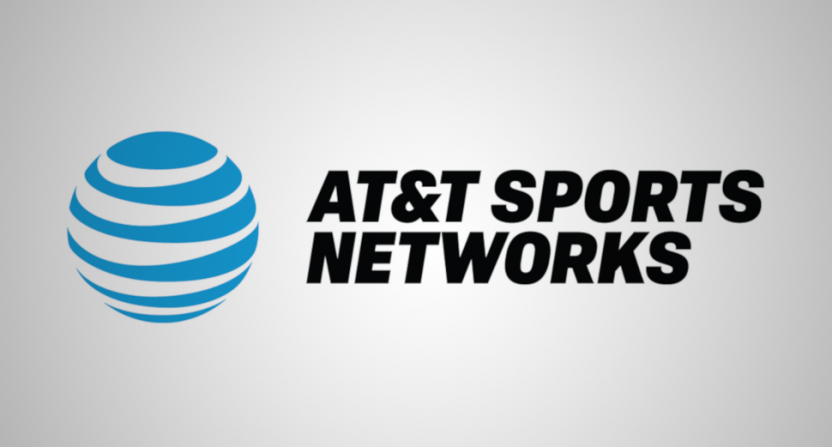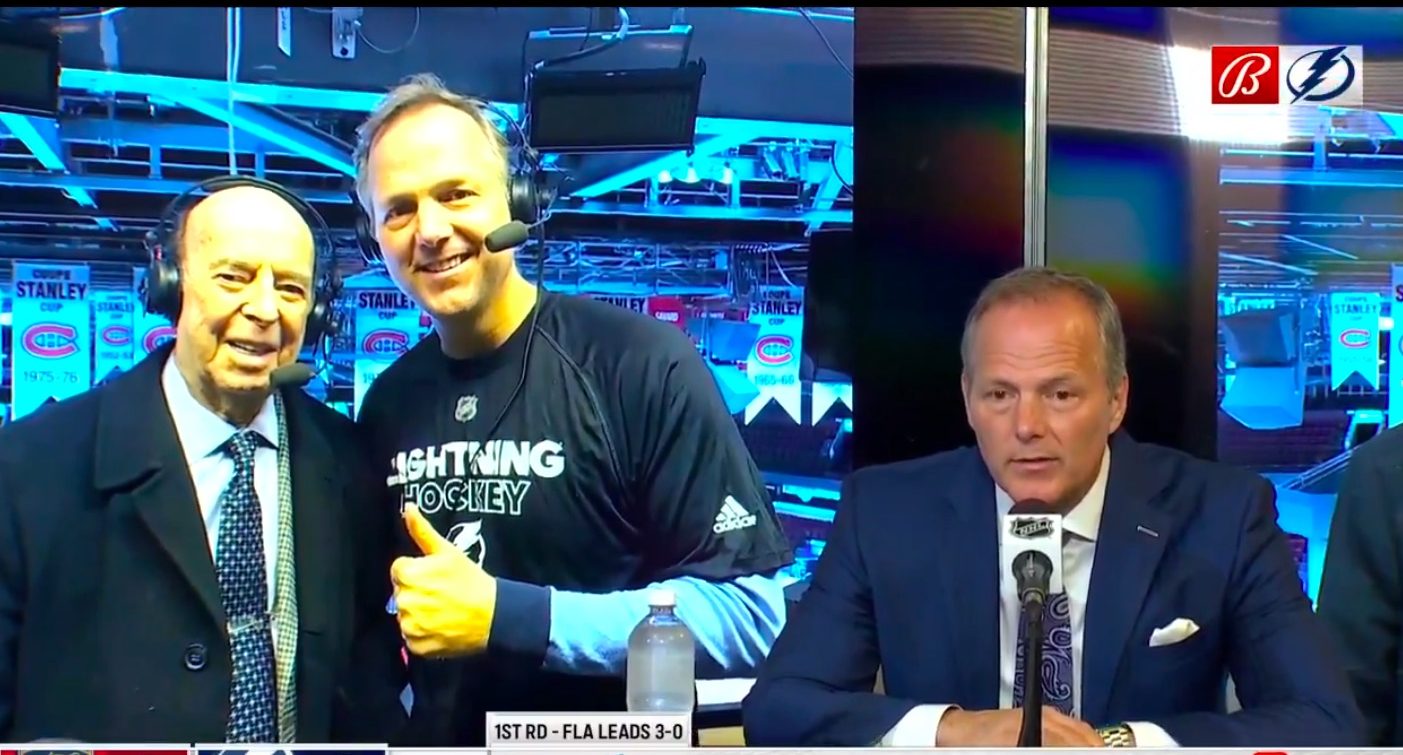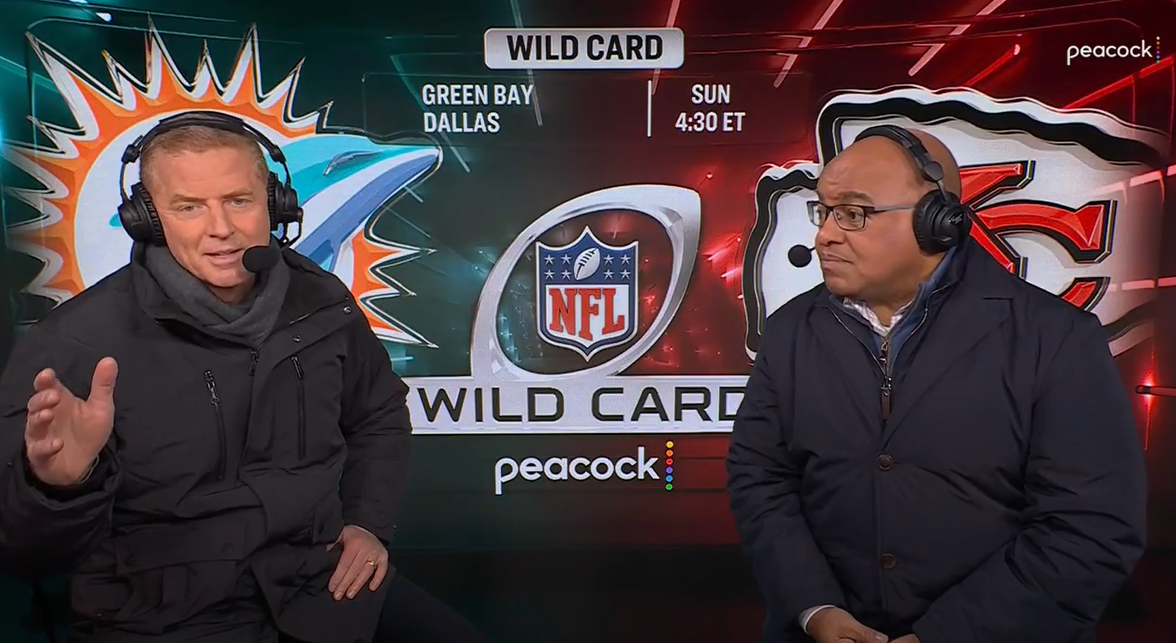The end for the Warner Bros. Discovery-owned AT&T SportsNet RSNs was supposed to come on March 31st. Two weeks later, the RSNs remain operational, broadcasting games as usual.
The company still plans to exit the RSN space, but per the Sports Business Journal, the timeframe for WBD’s departure has been pushed back.
SBJ reports that WBD and Major League Baseball are nearing a deal that will keep the RSNs operational through the end of the 2023 MLB season, with WBD paying rights fees to the three teams affected (Astros, Pirates, Rockies) and producing and distributing games for this season. Once the season ends, those three teams will regain their rights.
Soon after WBD’s announcement, MLB began negotiating with distributors to keep the teams’ games on the air. Discussions with Warner Bros. Discovery, an MLB national rightsholder through its TBS package, must have gone well in order to keep the RSNs on the air for six month longer than initially planned.
What will happen to the rights of all teams impacted? The Astros and Rockets are negotiating to take over AT&T SportsNet Southwest. The Utah Jazz would have had a new partner anyway following the end of their rights deal with AT&T SportsNet Rocky Mountain. NESN has been linked to the Pittsburgh Penguins due to the Fenway Sports Group’s ownership of both the team and RSN. Pirates and Rockies games in 2024 are expected to be produced and distributed by MLB. The broadcast future of the Golden Knights, having only signed on with what was then Root Sports in 2017, remains a question.
All operations are expected to remain the same in Seattle. WBD owns 30% of Root Sports Northwest, majority owned by the Mariners, and surprisingly isn’t expected to dump that share. The network also airs the Seattle Kraken.
Ultimately, this seems like the best outcome for the teams impacted (especially the three MLB teams). Warner Bros. Discovery keeping the RSNs operational through the final day of the regular season means no broadcast disruptions for fans, a massive win with the networks originally planned to shut down the day after Opening Day. Teams will still need to worry about broadcast plans in the fall (for the NBA and NHL teams affected) or the spring (for the MLB teams), but that was always going to be a concern.






